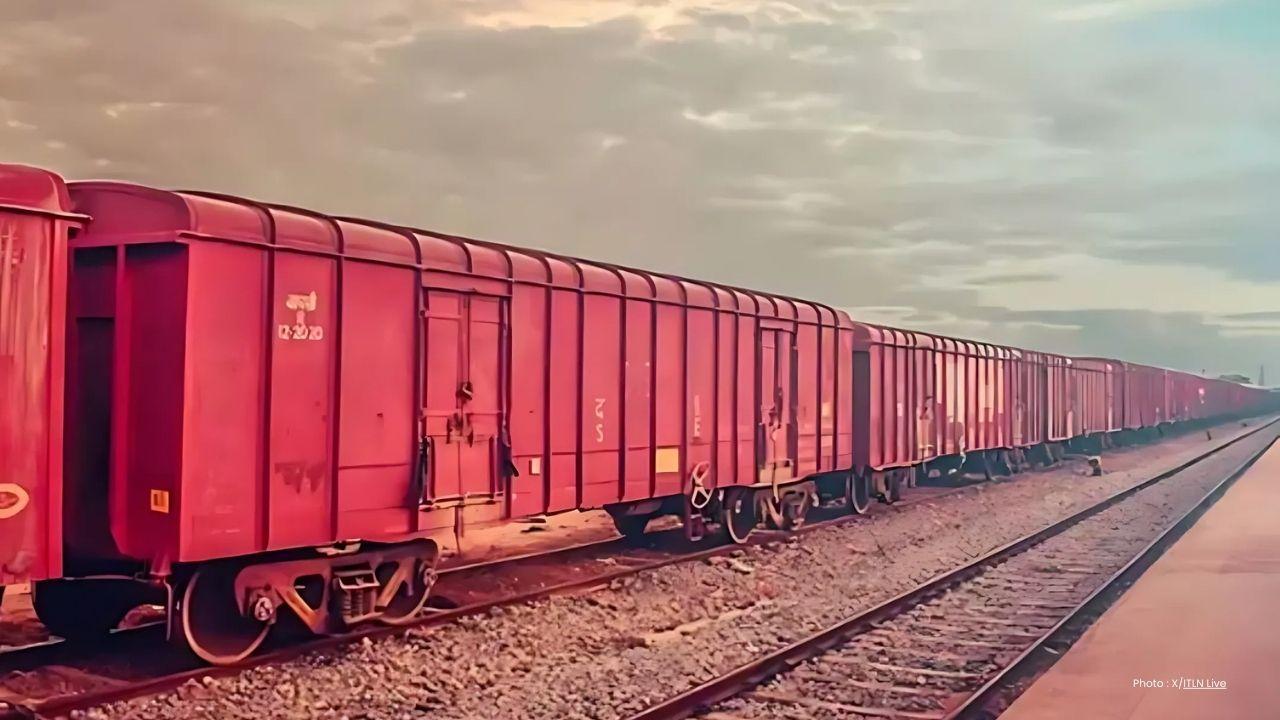
Post by : Avinab Raana
Indian Railways has initiated a significant transformation in its freight operations by launching scheduled, commodity-specific, time-tabled cargo services across the northern region. This strategic move is designed to enhance the efficiency and reliability of freight transportation, catering to the growing demands of various industries.
The newly introduced services include:
Annapurna Service: Transporting foodgrains from Ludhiana to Varanasi, covering a distance of 704 km in approximately 17 hours.
Gati-Vahan Service: Facilitating the movement of automobiles from Farrukhnagar (Haryana) to Lucknow, reducing transit time from 70 hours to 28 hours over a distance of 557 km.
Niryaat Cargo Service: Carrying export containers from Garhi to Mundra Port, spanning 1,061 km in 32 hours.
Anantnag Cement Cargo Service: Delivering cement from Roopnagar (Punjab) to Anantnag (Jammu & Kashmir), covering 586 km in 31 hours.
These services were developed following extensive planning and coordination with major freight stakeholders, including the Food Corporation of India (FCI), automobile manufacturers, and container train operators. The objective is to streamline logistics operations, reduce transit times, and provide industry-specific solutions.
Impact on Freight Operations
The introduction of these scheduled cargo services marks a significant departure from the traditional ad-hoc freight scheduling. By offering fixed departure and arrival times, Indian Railways aims to improve the predictability of freight movements, enabling businesses to plan their supply chains more effectively.
For instance, the Gati-Vahan Service has significantly reduced the transit time for automobile shipments, making rail a competitive alternative to road transport for meeting delivery commitments. Similarly, the Annapurna Service is streamlining the dispatch of foodgrains from surplus states to deficit areas, allowing for better planning of labor and trucking at unloading points.
The scheduled nature of these services also allows for better utilization of resources, including locomotives and crew, leading to cost savings and increased operational efficiency. Moreover, the advance information on train arrivals and departures facilitates improved coordination between various stakeholders, including consignors, consignees, and logistics providers.
Future Prospects
Looking ahead, Indian Railways plans to expand the scope of these scheduled cargo services to include additional commodities and regions. The success of the initial services has demonstrated the potential benefits of time-tabled freight operations, and there is a concerted effort to replicate this model across other parts of the country.
Furthermore, the integration of technology plays a crucial role in the future of freight operations. The implementation of digital platforms for tracking and managing cargo movements, coupled with data analytics, can provide real-time insights into the supply chain, enabling proactive decision-making and further optimization of logistics processes.
The launch of scheduled, commodity-specific, time-tabled cargo services by Indian Railways represents a significant step towards modernizing and streamlining freight operations. By enhancing the efficiency, reliability, and predictability of freight transportation, these services are poised to contribute to the growth and competitiveness of various industries across the northern region and beyond.
#trending #latest, Indian Railways freight services, Scheduled cargo services
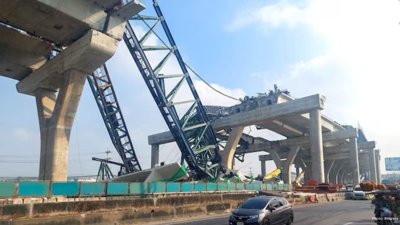
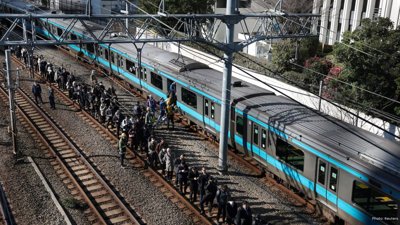



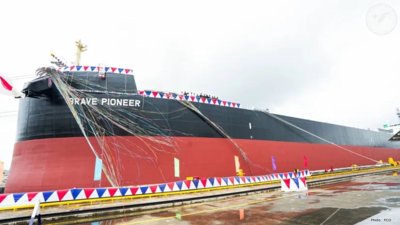
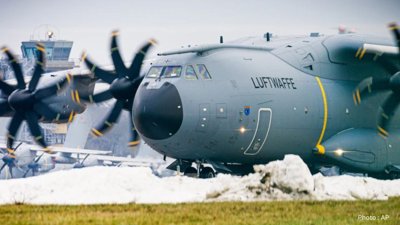



Advances in Aerospace Technology and Commercial Aviation Recovery
Insights into breakthrough aerospace technologies and commercial aviation’s recovery amid 2025 chall

Defense Modernization and Strategic Spending Trends
Explore key trends in global defense modernization and strategic military spending shaping 2025 secu

Tens of Thousands Protest in Serbia on Anniversary of Deadly Roof Collapse
Tens of thousands in Novi Sad mark a year since a deadly station roof collapse that killed 16, prote

Canada PM Carney Apologizes to Trump Over Controversial Reagan Anti-Tariff Ad
Canadian PM Mark Carney apologized to President Trump over an Ontario anti-tariff ad quoting Reagan,

The ad that stirred a hornets nest, and made Canadian PM Carney say sorry to Trump
Canadian PM Mark Carney apologizes to US President Trump after a tariff-related ad causes diplomatic

Bengaluru-Mumbai Superfast Train Approved After 30-Year Wait
Railways approves new superfast train connecting Bengaluru and Mumbai, ending a 30-year demand, easi